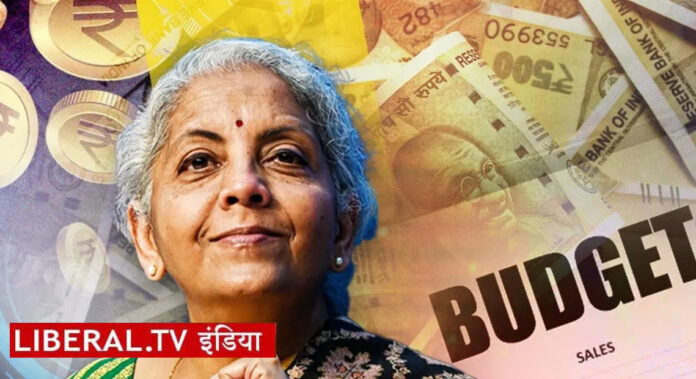In her presentation of the Union Budget 2025, Finance Minister Nirmala Sitharaman unveiled a series of measures aimed at providing significant relief to salaried employees and stimulating various sectors of the economy. One of the most notable announcements was the removal of income tax for individuals earning up to Rs 12 lakh per annum, offering substantial financial relief to the middle class. Additionally, she introduced customs duty cuts on several items, including mobile phone chargers and cancer drugs, further easing the financial burden on consumers.
The budget also saw reductions in customs duties on gold and silver to 6%, with platinum duties set at 6.4%. Additionally, the basic customs duty (BCD) on ferronickel and blister copper was proposed to be eliminated.
What’s cheaper?
- Life-saving medicines: The government will fully exempt 36 crucial drugs, including those for cancer and chronic diseases, from basic customs duties.
- Electronic goods: The BCD on open cells and other components for electronics will be reduced to 5%.
- Critical minerals: A range of essential materials, including cobalt powder, lithium-ion battery waste, lead, zinc, and more, will be exempted from BCD.
- Electric Vehicles (EVs): 35 additional goods for EV battery manufacturing, and 28 items for mobile phone battery production, will now be included in the list of exempted capital goods.
- Leather goods: Imports of wet blue and crust leather will be exempted from BCD, which is expected to boost the leather and footwear sectors, with the aim of generating 2.2 million jobs and a revenue of Rs 4 lakh crore.
- Frozen fish paste: Customs duty on frozen fish paste (Surimi) will drop from 30% to 5%, supporting the manufacture and export of its derivative products.
- Ship manufacturing: Raw materials required for ship manufacturing will be exempt from BCD for the next 10 years.
What’s costlier?
- Flat panel displays: The BCD on flat panel displays, which impact TVs and mobile phones, will increase from 10% to 20%.
- Social Welfare Surcharge: The exemption on 82 tariff lines currently under cess will be removed, leading to higher costs for some goods.
These measures reflect the government’s continued push to boost critical sectors, including healthcare, electronics, and electric vehicles, while balancing fiscal needs with consumer relief.



